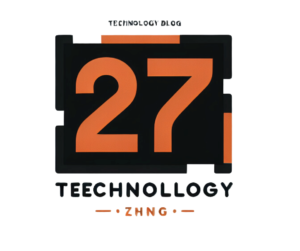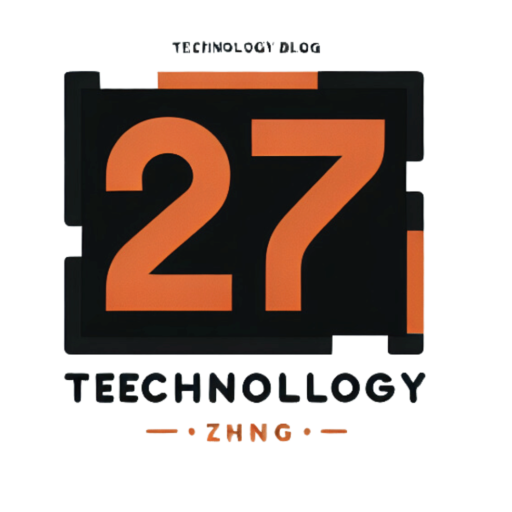
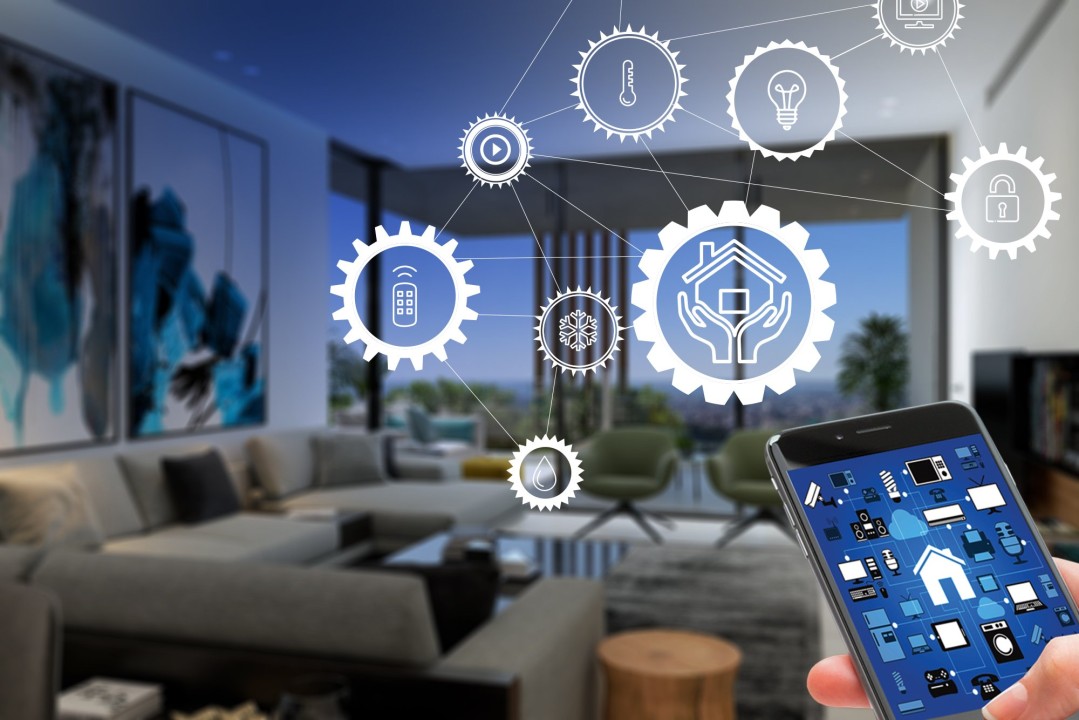
In 2024, artificial intelligence (AI) is revolutionizing the way we live through smart home devices. These innovations not only enhance convenience but also contribute to increased energy efficiency, safety, and overall quality of life. This article explores how AI-powered smart home devices are transforming daily living, examining their features, benefits, and future potential.
The Evolution of Smart Home Technology
Smart home technology has come a long way from its inception. Initially, devices like smart thermostats and lighting systems were the pioneers of this field. However, with the rapid advancement of AI, today’s smart homes are more intuitive and interconnected than ever before.
AI Integration: The Game-Changer
AI integration is the cornerstone of modern smart home devices. These systems use machine learning algorithms to analyze user behavior and adapt to preferences. For instance, AI-powered thermostats learn from your daily routines and adjust temperatures accordingly, optimizing both comfort and energy efficiency. Similarly, smart lighting systems adjust brightness and color temperature based on natural light levels and time of day.
Enhanced Convenience and Efficiency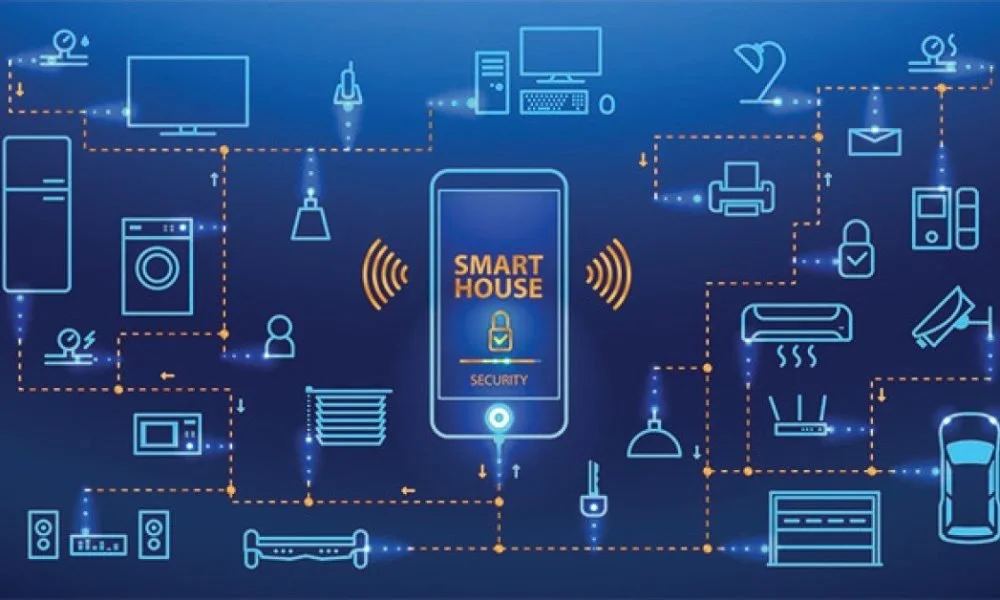
One of the primary benefits of AI-powered smart home devices is their ability to enhance convenience. Voice-activated assistants, such as Amazon’s Alexa and Google’s Assistant, allow users to control various aspects of their home with simple voice commands. These assistants can manage tasks like setting reminders, playing music, or even ordering groceries, freeing up valuable time for homeowners.
Energy efficiency is another significant advantage. AI-powered devices monitor and analyze energy usage patterns, making real-time adjustments to reduce consumption. For example, smart plugs can turn off devices that are not in use, and AI-driven irrigation systems optimize water usage for gardens based on weather forecasts.
Improved Safety and Security
AI has also made significant strides in enhancing home security. Smart cameras and doorbells equipped with facial recognition technology can distinguish between family members, friends, and strangers. This ability allows for more accurate alerts and reduced false alarms. Additionally, AI-powered security systems can detect unusual behavior, such as unexpected movements or sounds, and send instant notifications to homeowners.
Moreover, AI-driven smoke and carbon monoxide detectors can analyze patterns and differentiate between actual threats and false alarms. These devices can also communicate with other smart home systems to activate safety protocols, such as unlocking doors for emergency responders.
Personalized Experiences
Personalization is a key feature of AI-powered smart home devices. Through continuous learning, these systems can offer tailored experiences based on individual preferences. For instance, a smart home assistant might suggest recipes based on dietary preferences or adjust lighting and music settings to create a specific ambiance for different occasions.
Smart home devices also integrate with wearable technology, such as fitness trackers, to offer health-related insights. For example, AI can analyze data from your wearable device and adjust home environments to support better sleep or relaxation.
Future Prospects
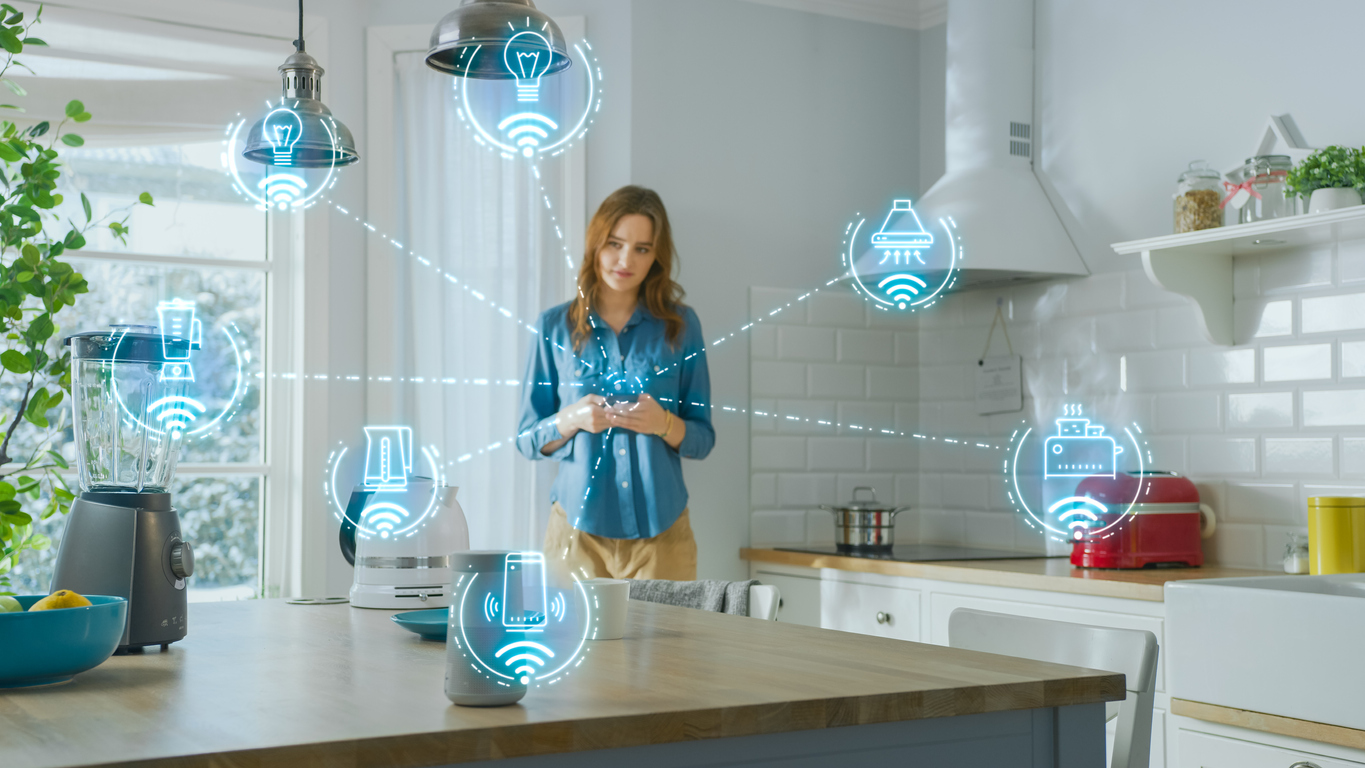
The future of AI-powered smart home devices is promising. Innovations in AI and machine learning will continue to drive improvements in automation, efficiency, and personalization. Advances in natural language processing will make voice assistants even more intuitive, while enhanced connectivity will enable seamless integration between various smart home devices.
Furthermore, the rise of 5G technology will enhance the performance of smart home systems by providing faster and more reliable connectivity. This improvement will enable more sophisticated AI applications and better integration with other smart technologies.
Conclusion
In 2024, AI-powered smart home devices are fundamentally changing the way we live. By offering enhanced convenience, energy efficiency, safety, and personalization, these innovations are transforming daily living and setting the stage for even greater advancements in the future. As technology continues to evolve, smart homes will become increasingly intuitive and integrated, making our lives more comfortable and efficient than ever before.
